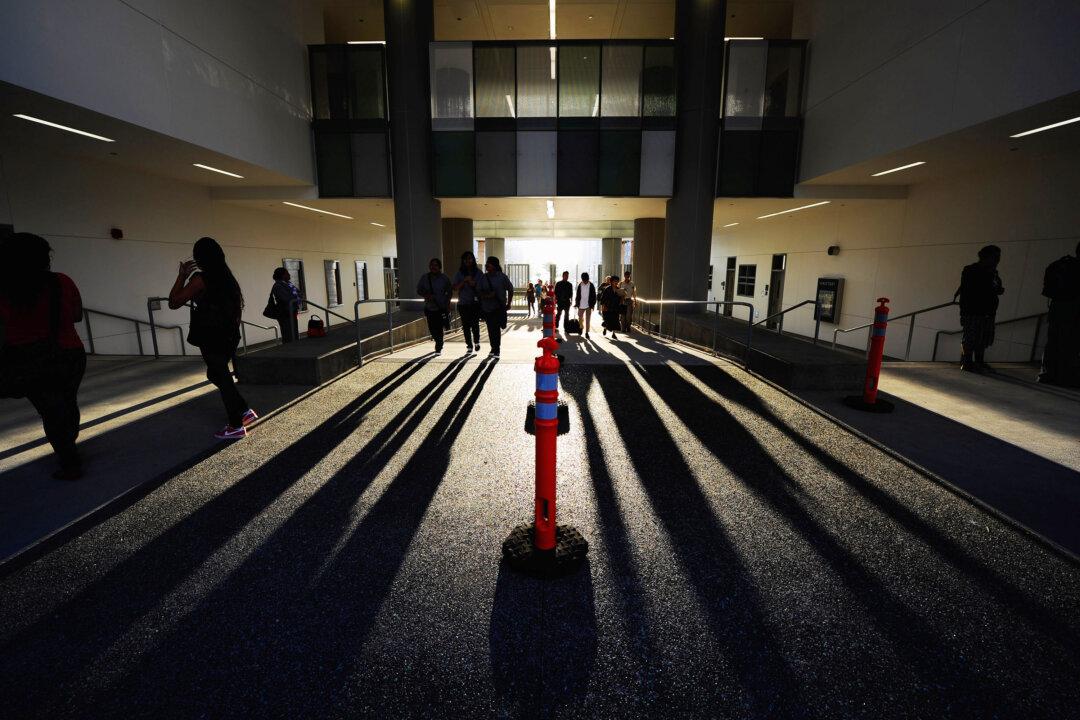The Roman Catholic Archdiocese of Los Angeles is suing the city’s school district, saying it prevented Catholic schools in low-income areas from receiving federal funds for years by frequently changing the qualifications and paperwork process for applying schools.
The disagreement between the archdiocese and the Los Angeles Unified School District (LAUSD) began in 2018, when the archdiocese claimed the LAUSD kept abruptly changing the process for applying for what is known as “Title I” federal funds, which provide financial assistance to schools with high numbers of low-income students.





